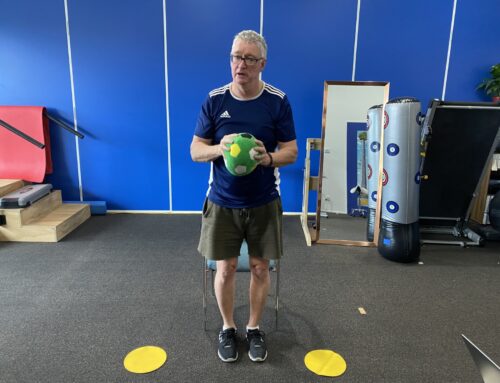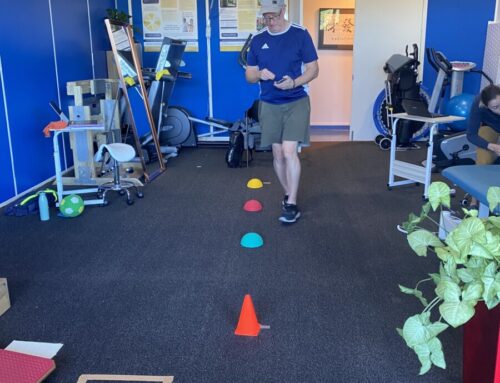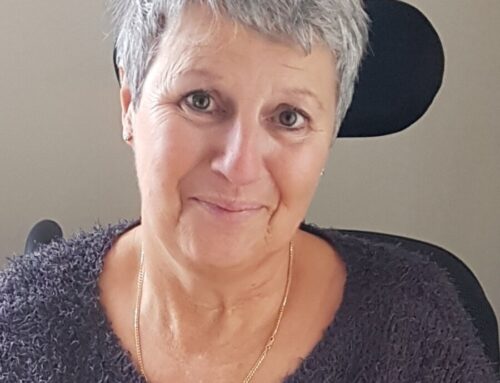It was fantastic news to receive the email last week announcing Connect Neuro Physiotherapy’s first abstract submission has been accepted to present a poster presentation on the following title at Australia’s National Parkinson’s Disease conference;
The value, impact and accessibility of online eHealth neurological physiotherapy
The poster presentation will discus each of the elements; value, impact and accessibility and how online neurological physiotherapy can improve the quality of life for someone living with a neurological condition, in particular reference to Parkinson’s Disease.
For more details on the conference please click here:
www.aomevents.com/ParkinsonsAustraliaNationalConference
The Issues: The rehabilitation approach to Parkinson’s Disease has dramatically changed in the last 3-5 years. With research published on how exercise can have a neuroprotective element in the management of Parkinson’s Disease, as well as improving quality of life. However, accessibility to specialised services, knowledge and qualified professionals in Australia can be geographically challenging.
The Value: Everyone should be able to access the latest evidence based treatment, including understanding the fundamental principles of exercise for Parkinson’s. With developments of LSVT-BIG and PD Warrior leading the way. This can be provided via eHealth using video conferencing.
The Impact: If people with Parkinson’s can access this education on the principles of exercise for Parkinson’s early, while there is minimum impairment, they will develop a greater sense of empowerment and self management of their condition.
The Accessibility: eHealth is a growing service throughout Australia with more and more medical and health care professionals supplying services online. Connect Neuro Physiotherapy is one of the first to provide neurological physiotherapy consultations specific for Parkinson’s Disease. Confirming that physiotherapy can be provided via eHealth. If more specialised therapists are able to provide eHealth services, the development of a multidisciplinary approach can be achieved, no matter where the individual with Parkinson’s is located.
Conclusion: eHealth can be the perfect platform to provide individuals, especially those with young onset or newly diagnosed Parkinson’s, the accessibility to the latest evidence based rehabilitation treatments. By specialising in education, eHealth can create increased empowerment and self-management.
A copy of the poster will be shared on the website after it has been presented in Adelaide on 28-29th May 2015.





